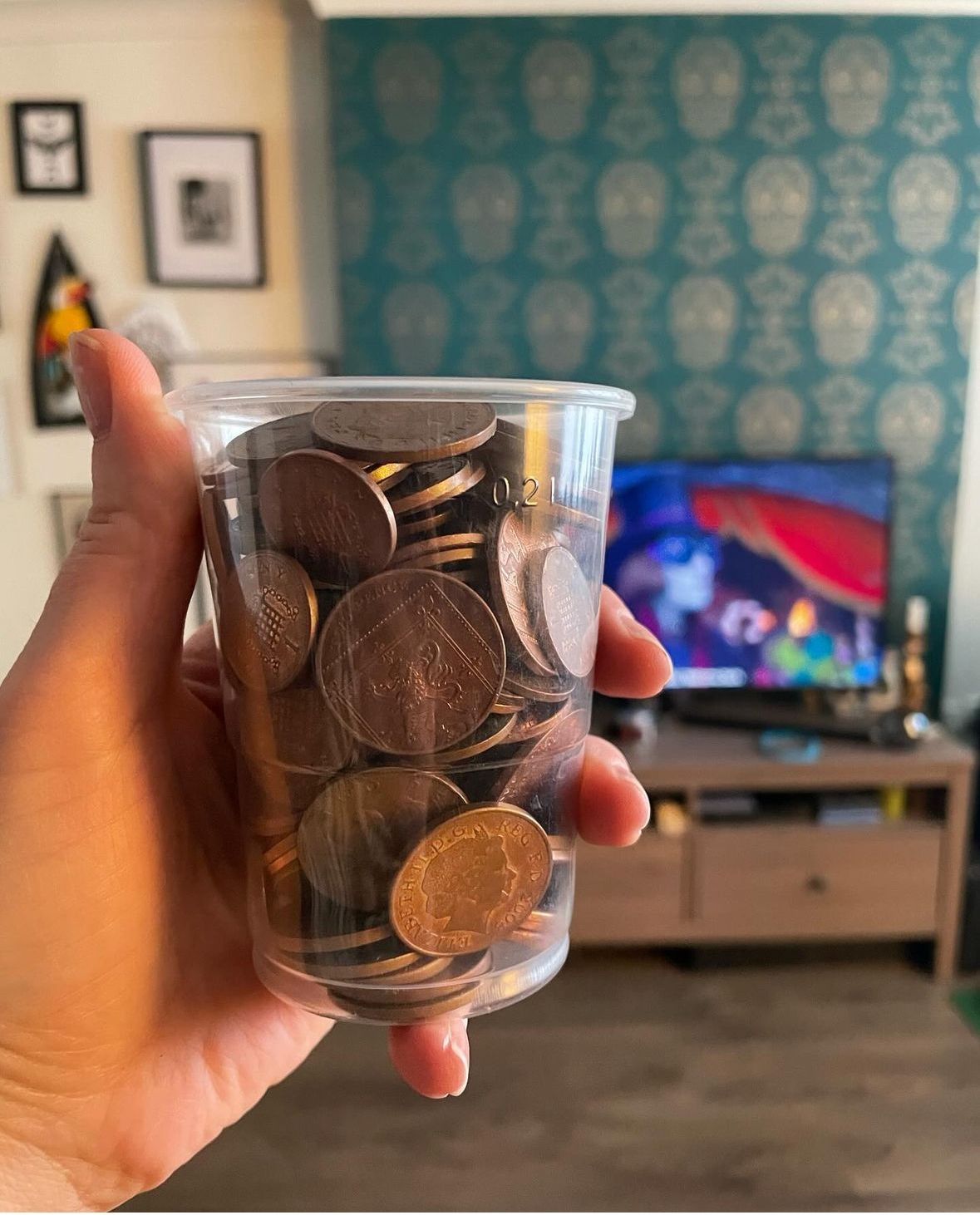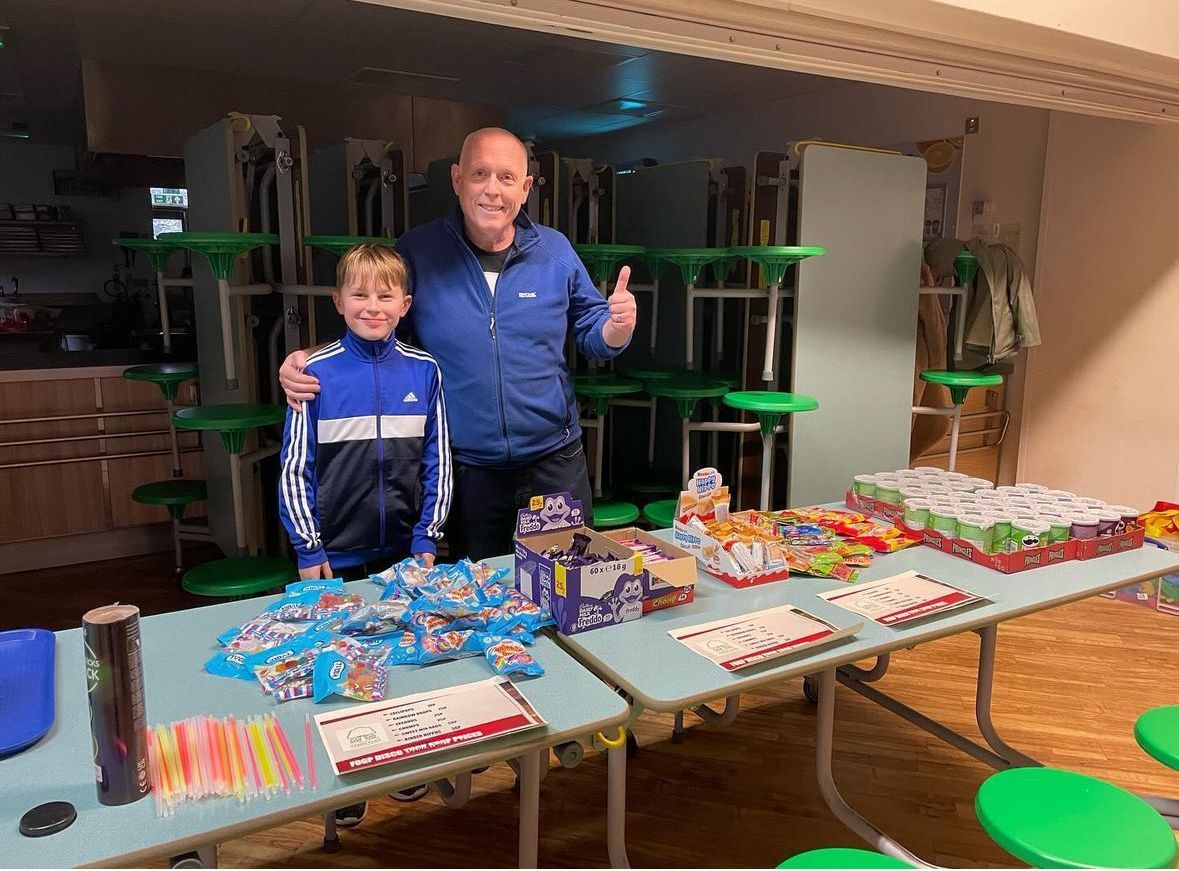SEND Information
GREEN PARK COMMUNITY PRIMARY and NURSERY SCHOOL,MAGHULL
LOCAL SPECIAL EDUCATIONAL NEEDS AND DISABILITIES OFFER (SEND)
At Green Park Community Primary and Nursery School we fully support the inclusion of all pupils, and ensure that they all progress to their full potential, enjoying a variety of challenges and gaining the achievement of success. Quality first teaching is vital; however, for some children there are occasions when further additional support may be needed to help them achieve success and meet their targets. As identified in the SEND (Special Educational Needs and Disabilities) Code of Practice 2014, children who fall into these categories: Cognition and Learning needs, Communication and Interaction difficulties, Sensory and /or Physical needs and Social, Emotional and Mental Health difficulties would receive additional support. We are aware that some pupils have needs that span across these categories and teachers will be aware of both the child’s broad area of need and their primary category of need.
SEND status: SEND is coded on the school census as either K (SEND) or E (EHCP) and these are the codes which must be used:
Broad Area of Need
- Communication and Interaction (C&I)
- Cognition and Learning (C&I)
- Social, Emotional and Mental Health (SEMH)
- Sensory and / or Physical Needs (S&P)
Primary Category of Need
- SPLD: Specific Learning Difficulty
- MLD: Moderate Learning Difficulty
- SLD: Severe Learning Difficulty
- PMLD: Profound and Multiple Learning Difficulty
- SEMH: Social, Emotional and Mental Health
- SLCN: Speech, Language and Communication Needs
- ASC: Autistic Spectrum Condition
- VI: Visual Impairment
- HI: Hearing Impairment
- MSI: Multi-Sensory Impairment
- NSA: No Specialist Assessment
- PD: Physical Disability
1. COMMUNICATION & INTERACTION (C&I)
Some of the aspects of difficulty included in this area are:
ASC Autistic Spectrum Condition
SLCN Speech, Language and Communication Needs
Children on the ASC pathway can’t be recorded as having ASC until they have a diagnosis so they are recorded as SLCN.
2.COGNITION & LEARNING (C&L)
Some of the aspects of difficulty included in this area are:
SPLD Specific Learning Difficulty
MLD Moderate Learning Difficulty
SLD Severe Learning Difficulty
PMLD Profound and Multiple Learning Difficulty
3.SOCIAL, EMOTIONAL and MENTAL HEALTH DIFFICULTIES (SEMH)
Some of the aspects of difficulty included in this area are:
SEMH Social, Emotional and Mental Health (this includes ADHD)
4.SENSORY and/or PHYSICAL DIFFICULTIES
Some of the aspects of difficulty included in this area are:
VI Visual Impairment
HI Hearing Impairment
MSI Multi-Sensory Impairment
PD Physical Disability
THE LOCAL OFFER
The local offer was introduced in the Green Paper in March 2011 as a local offer of all services available to support disabled children and children with SEND and their families. This information will set out what is normally available in school to help children with SEND, as well as the options available to support families whose child may have SEND.
ROLES and RESPONSIBILITIES
- Mrs. M. Burns is the Headteacher and has overall responsibility for the pupils and the staff at Green Park School, Maghull.
The Headteacher works closely with the Senco to determine a plan for SEND provision within the school and the allocation of funds.
Phone: 0151 526 2755 or email school office officeemail@greenparkschool.net
- Mrs. C. Cragg is the Senco for the school. Although provision for pupils with SEND is a matter for the school as a whole, the Senco is responsible for liaising with class teachers, parents, governors and outside agencies regarding any SEND support. Phone: 0151 526 2755 or email: mrscragg@greenparkschool.net
- The teaching staff are responsible for the progress of the pupils in their class including those pupils who have SEND
- There is a member of the Governing body who is responsible for overseeing all matters relating to SEND in school. The current SEND Governor is Reverend Simon Elliot. Email:
gov.selliot@greenparkschool.net
Other useful contacts:
❖ SENIS (Sefton Educational Needs Inclusion Service) have trained consultants who visit school to support pupils and staff, complete specific assessments and offer advice to parents and staff – 01704 882850 or email: SENIS@sefton.gov.uk
❖ SEPPS (Sefton Educational Psychology and Portage Service) offers support for the diagnosis of ASD, ADHD, behaviour management and other social and emotional difficulties – 0151 934 2347 or email: Ez.mills@sefton.gov.uk
❖ SENDIASS (Sefton Educational Needs Information, Advice and Support Service) 0333 333 8003 or email: seftonsendiass@sefton.gov.uk or sefton.sendiass@barnardos.org.uk
❖ For details of the SEND Code of Practice visit: https://www.gov.uk/government/publications/send-code-of-practice-0-to-25






